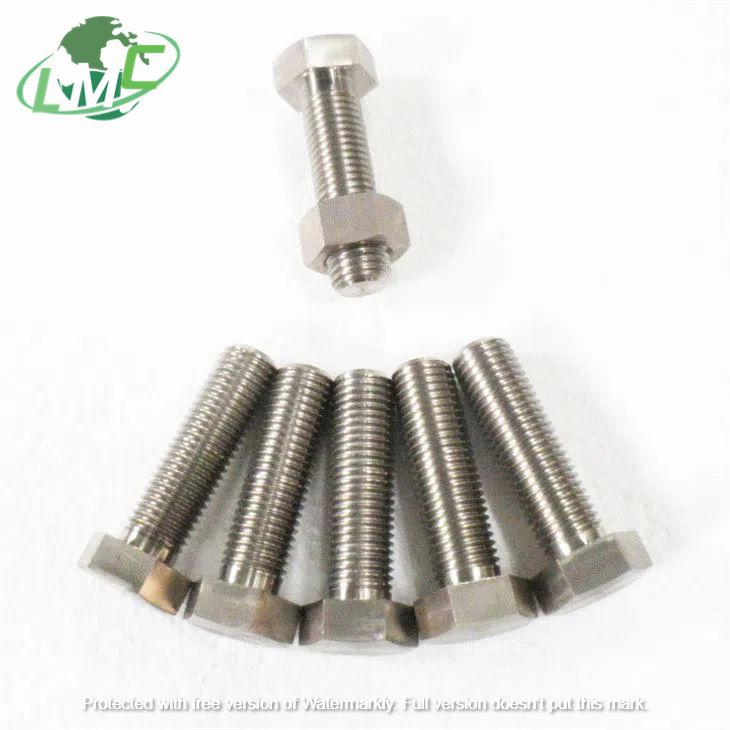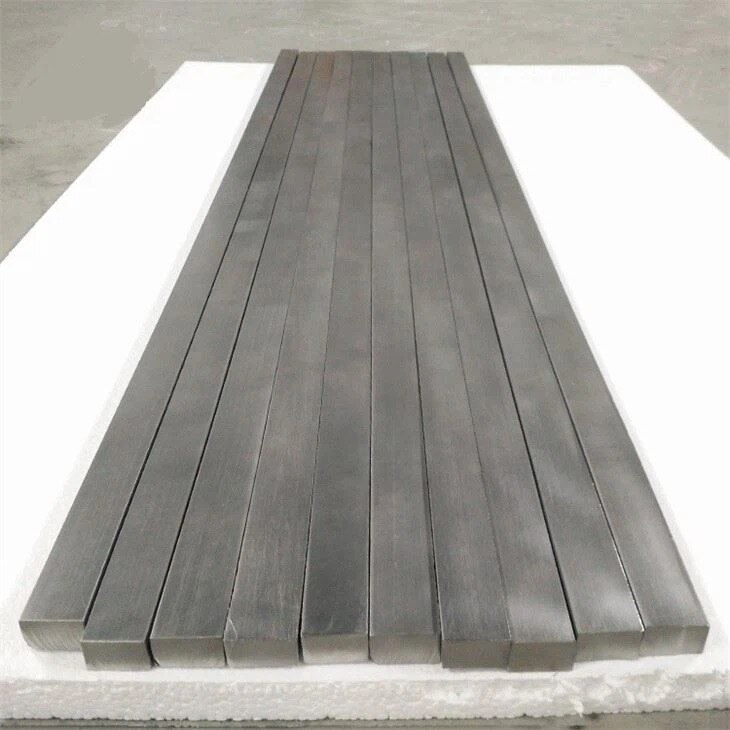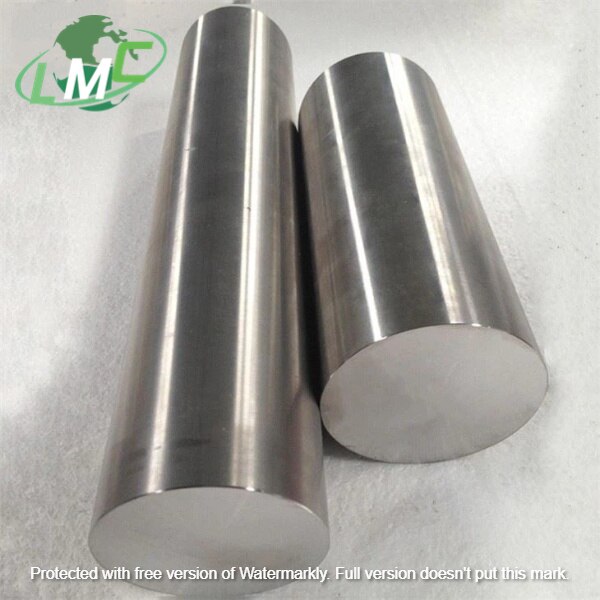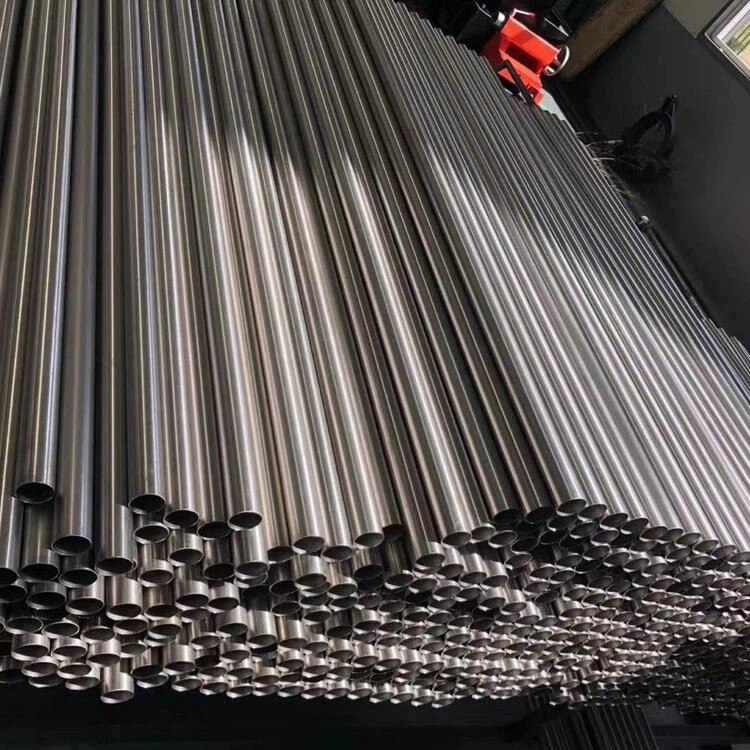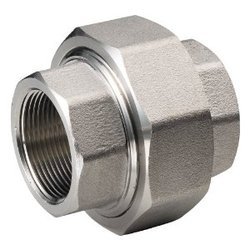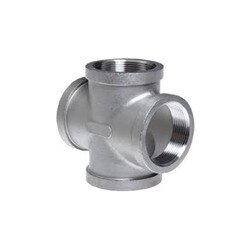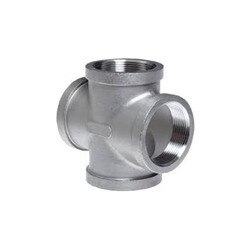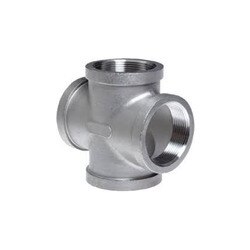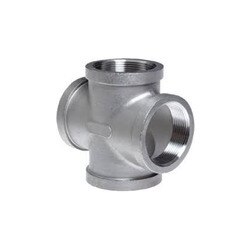Product name:Titanium Hex Bolts And Nuts Standard: DIN127 Material: Gr1 Gr2 Gr5 Gr7 Gr12 Size: M2-M52 Surface: Polished Technique: CNC Machined, Forged Titanium is highly stable in various concentrations of nitric acid and chromic acid, and it is also very resistant to corrosion in alkaline solutions and most organic acids and compounds.The bolts made of GR2 pure titanium are corrosion resistant and light in weight, which is suitable for application in chemical industry.Titanium hex bolts are produced in strictly accordance with DIN933 standard, and the smallest spot specifications from M3 are available in stock. Item Name DIN933 Titanium hex head bolts and nuts Material Pure Titanium Grade Gr1 Gr2 Gr5 Gr7 Gr12 Standard DIN933 DIN 934 Surface Treatment Forged or CNC machined Color Ti natural Applications Chemical Industry Certificate ISO 9001:2015, EN 10204/3.1 Features 1. Not easy to rust; 2. Resistance to acid and alkali corrosion; 3. Light weight; 4. Has a long service life, widely used in aerospace, electroplating, chemical industry, machinery, etc. Gr2 Titanium Bolts Nuts Hex Type M6 M8 M10 High Stability Anti Alkali Corrosion 0 Physical properties of different grade titanium bolts: Tensile Strength(min) Yeild Strength(min) Elongation(%) ksi MPa ksi MPa Grade 1 35 240 20 138 24 Grade2 50 345 40 275 20 Grade 5 130 895 120 828 10 Grade 7 50 345 40 275 20 Grade 12 70 483 50 345 18
Send Message
